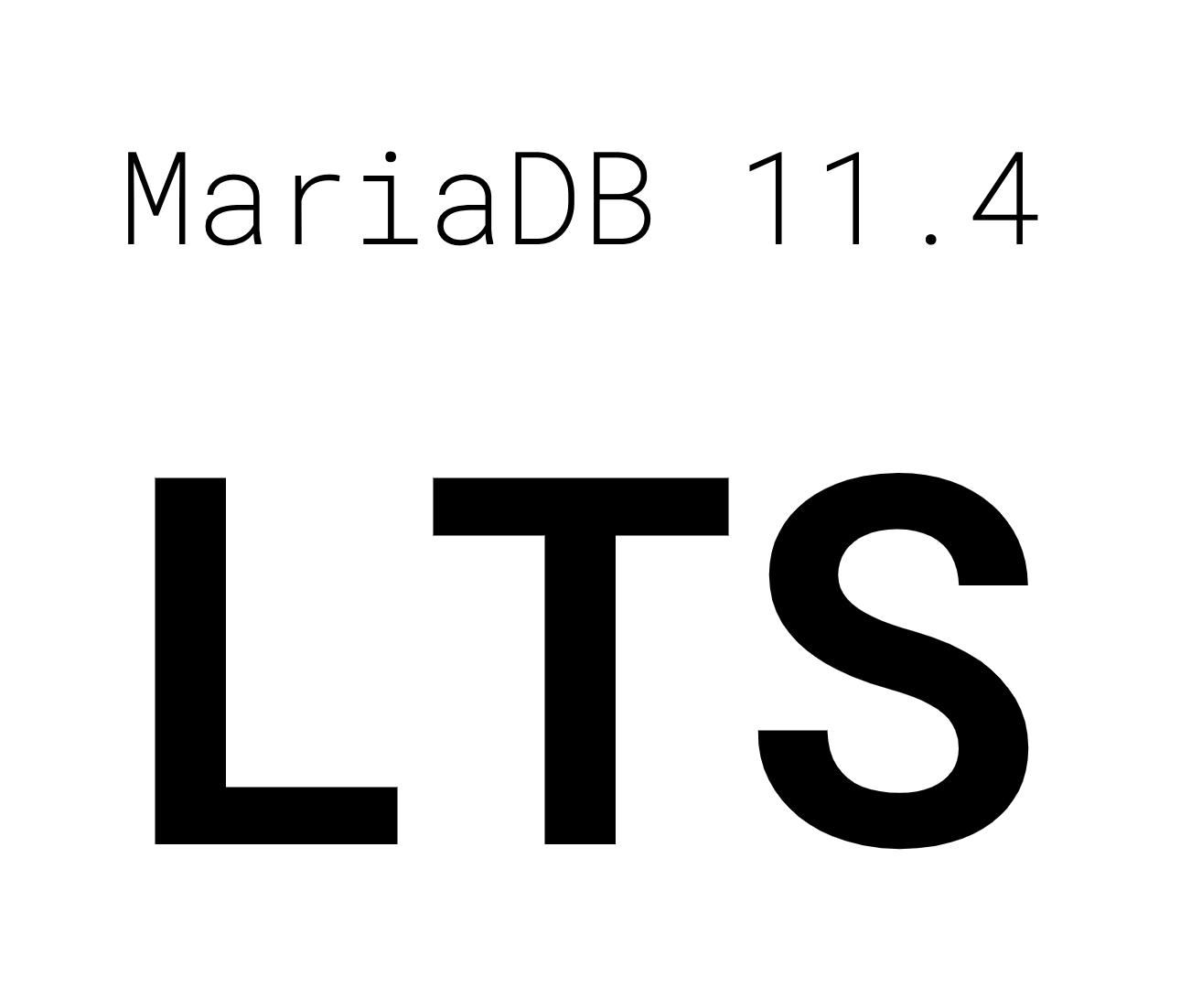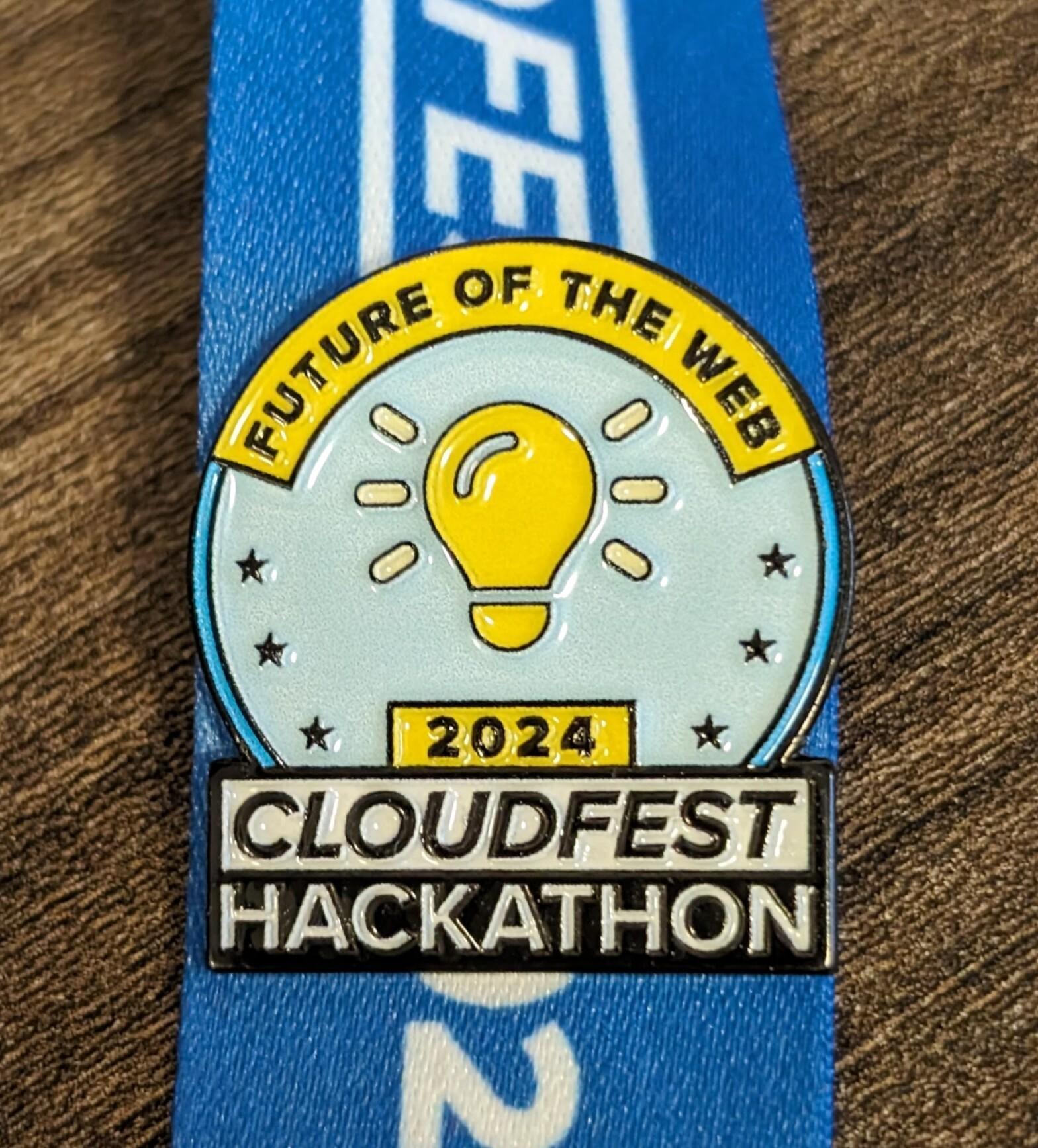Category Archives: Development
We’re here, we’re open source, and we have RDBMS based Vector Search for you! With the release of MariaDB 11.6 Vector Preview, the MariaDB Server ecosystem can finally check out how the long-awaited Vector Search functionality of MariaDB Server works. The effort is a result of collaborative work by employees of MariaDB plc, MariaDB Foundation and contributors, particularly from Amazon AWS.
Previously on “MariaDB Vector”
If you’re new to Vector, this is what’s happened so far:
- We blogged a number of times about our view of where Gen AI belongs in MariaDB Server
- We showed a first demo in February at our FOSDEM Fringe Event
- We launched a project page on mariadb.org/projects/mariadb-vector/, containing a number of videos
- We went on stage at Intel Vision in London, with AI everywhere
- We blogged about Amazon’s take on Vectors and MariaDB, in “MariaDB is soon a vector database, too“
The main point: MariaDB Vector is ready for experimentation
…
Many countries in the world right now are hosting elections, in fact, my own country’s election is tomorrow. MariaDB Foundation is also asking for you to make one more vote on our own kind of referendum.
We have recently had a request by a member of the community to change how we use GitHub, in a way that, in-theory, will make things easier for community contributors. I’ll explain the current situation, the proposal and then the poll.
Current situation
At the moment, if you want to develop a new feature for MariaDB Server, it needs to be developed against the latest version branch, which is the default branch when you view on GitHub.
…
Continue reading “MariaDB Server GitHub branches: Have your say”
We normally announce releases and the end of life of releases, but today we are going to try something a little different, an announcement of “start of life”.
What does this mean?
The way we use GitHub is a little different to most projects. Instead of having a mainline and branching versions from that, MariaDB Server creates a new branch from the previous version. This is intended to happen shortly after the preview release of the previous version, but for various reasons it can come a little later. So by default, after the hypothetical version 11.7.0 is released, we will create the 11.8 branch in GitHub soon after.
…
AI was everywhere at Intel Vision this week in London. Nearly every keynote and breakout presentation was centred around AI. I had the honour of being interviewed by Intel’s jovial Chief Commercial Officer Christoph Schell, who is just about as stereotypically German as his former neighbour from Stuttgart Jürgen Klopp (whom he referenced on-stage), namely: not at all.
Staying German but perhaps a tad less Klopp-like, Thomas Bach was one of many interviewed on-stage by Christoph. The president of the International Olympic Committee nevertheless impressed me by his quick-witted reply to Christoph’s question as to how AI would have made an impact if it had been in place during Thomas Bach’s fencing career.
…
Continue reading “MariaDB Vector at Intel Vision – AI Everywhere”
We say: Put your AI vectors into your RDBMS …
Relational databases are where AI data belongs. Users need their vectors along with the rest of their data, in a standard database which offers performance, scalability, and all the other traditional virtues, such as ACID compliance.
This is why we are developing MariaDB Vector. Expect to see a first preview release later this month.
… but don’t take our word for it – ask Amazon!
Now, we’re not alone in advocating the above logic. That’s probably because the logic makes sense. The best articulation of the logic of “you want your Gen AI integrated in your relational database” I’ve heard is by MariaDB Foundation Board Member Sirish Chandrasekharan, General Manager of Amazon Relational Database Services.
…
With the first quarter of 2024 out of the way, we can take a look at the contribution statistics for the last three months. For the Foundation, this has been a very busy quarter, we have had a few big events to prepare for and attend. As well as two very large projects we are working on (Catalogs and vector indexing). This has meant that it has been difficult for us to keep up with all the wonderful contributions.
That being said, over the coming quarter we will try to rectify this and have some plans to make things better in future.
…
Continue reading “MariaDB Contribution Statistics, April 2024”
MariaDB Server 11.4 will be a long-term support release, on top of our current plan.
Early February, we announced that we were adjusting the MariaDB Server release model. As part of that, we already announced our move towards a yearly LTS cycle. To get our current features earlier into broad use, we have decided to make an LTS now, to cater for the needs of MariaDB 11 users expecting a full five years of bug fixes in a release with a locked feature set.
The goal of this additional LTS is to encourage a broader adoption of MariaDB Server 11.4.
…
OK, MariaDB Server didn’t specifically win, but a project around the MariaDB Catalogs feature won and the team behind it was led by me. In this post, I shall dig into what the CloudFest Hackathon is, what we did there and why it is a big deal.
CloudFest and the Hackathon
CloudFest is an event that happens every year in Europa Park, which is normally an amusement park, located in Rust, Germany. It is a fantastic web hosting and cloud event that spans a whole week, and there are often a lot of entertainment events happening around the main event.
…







